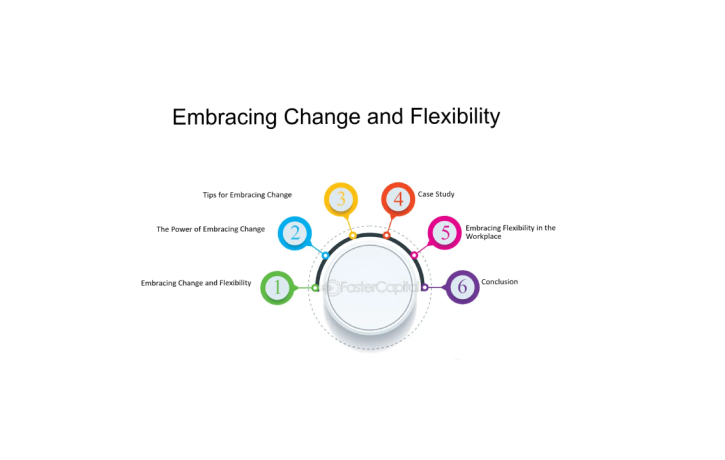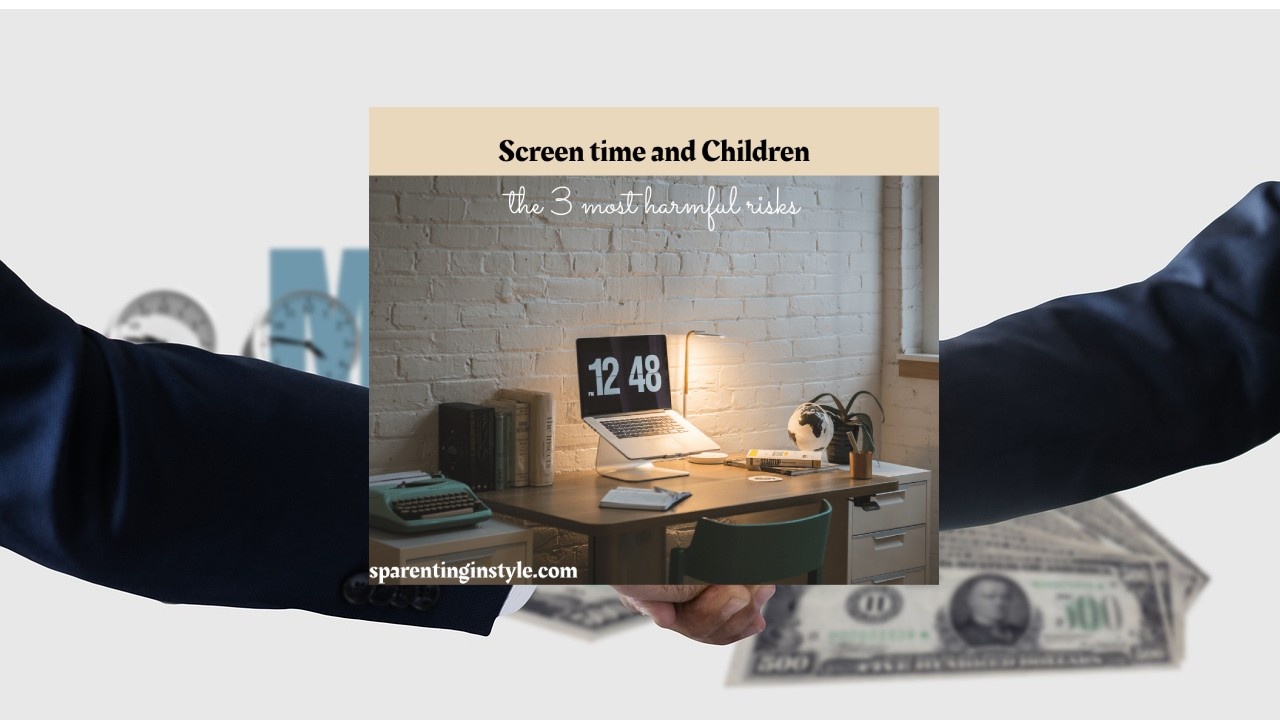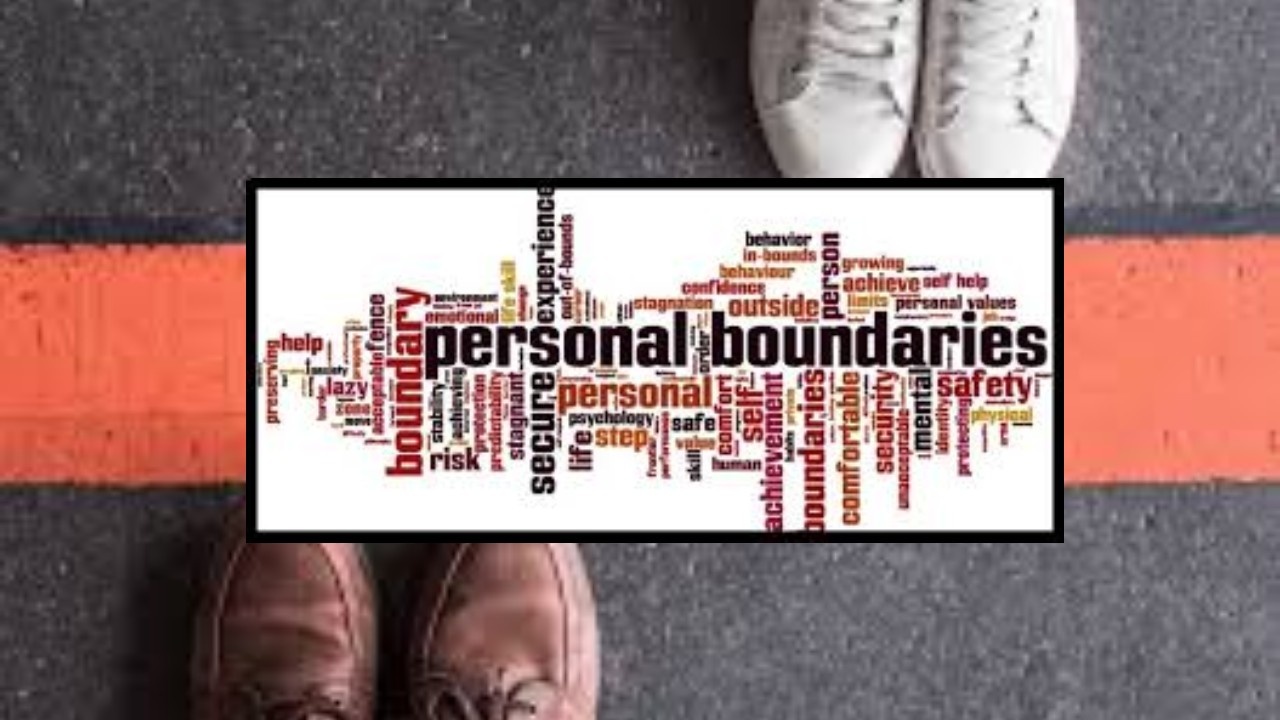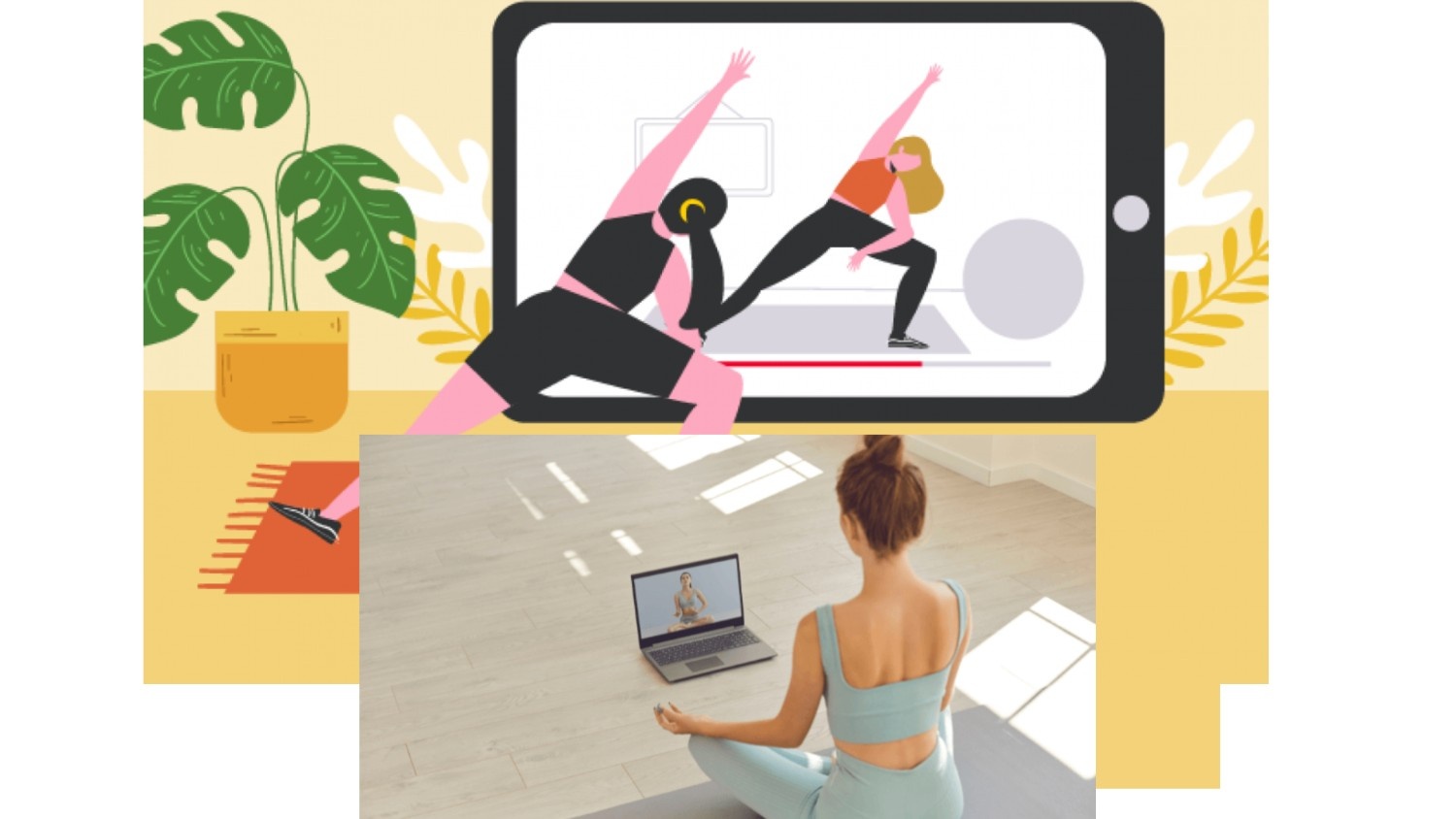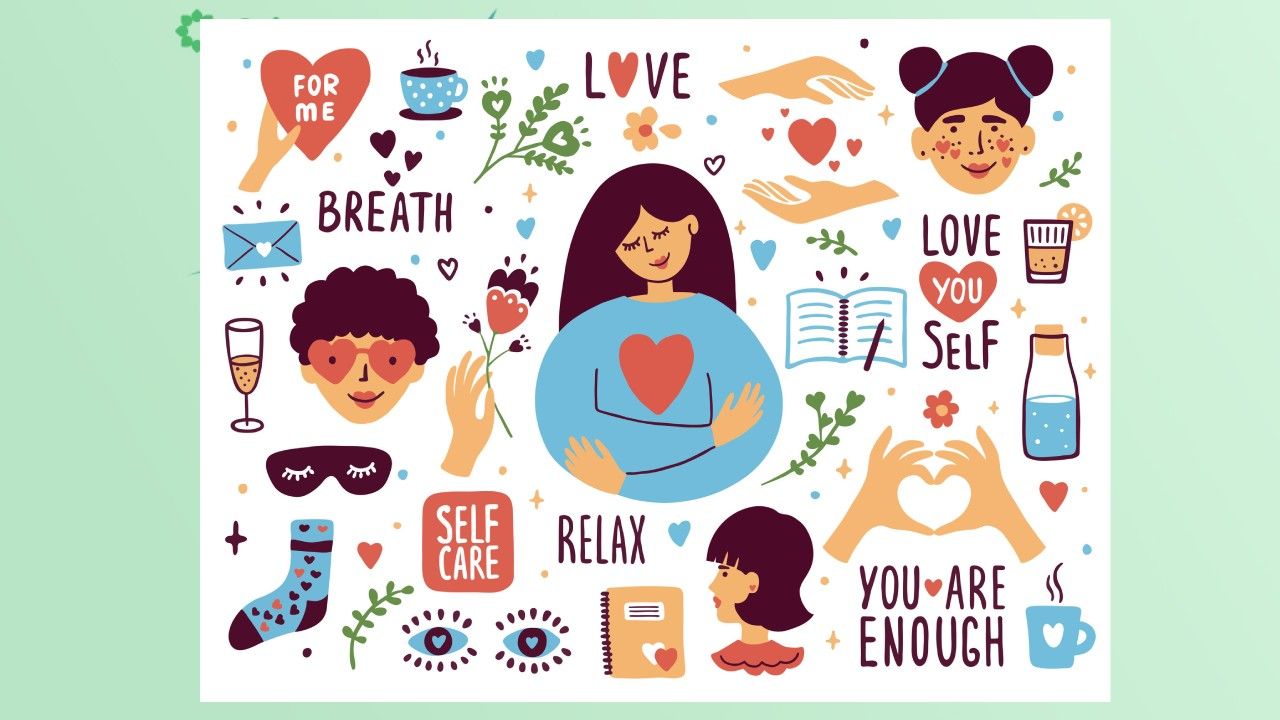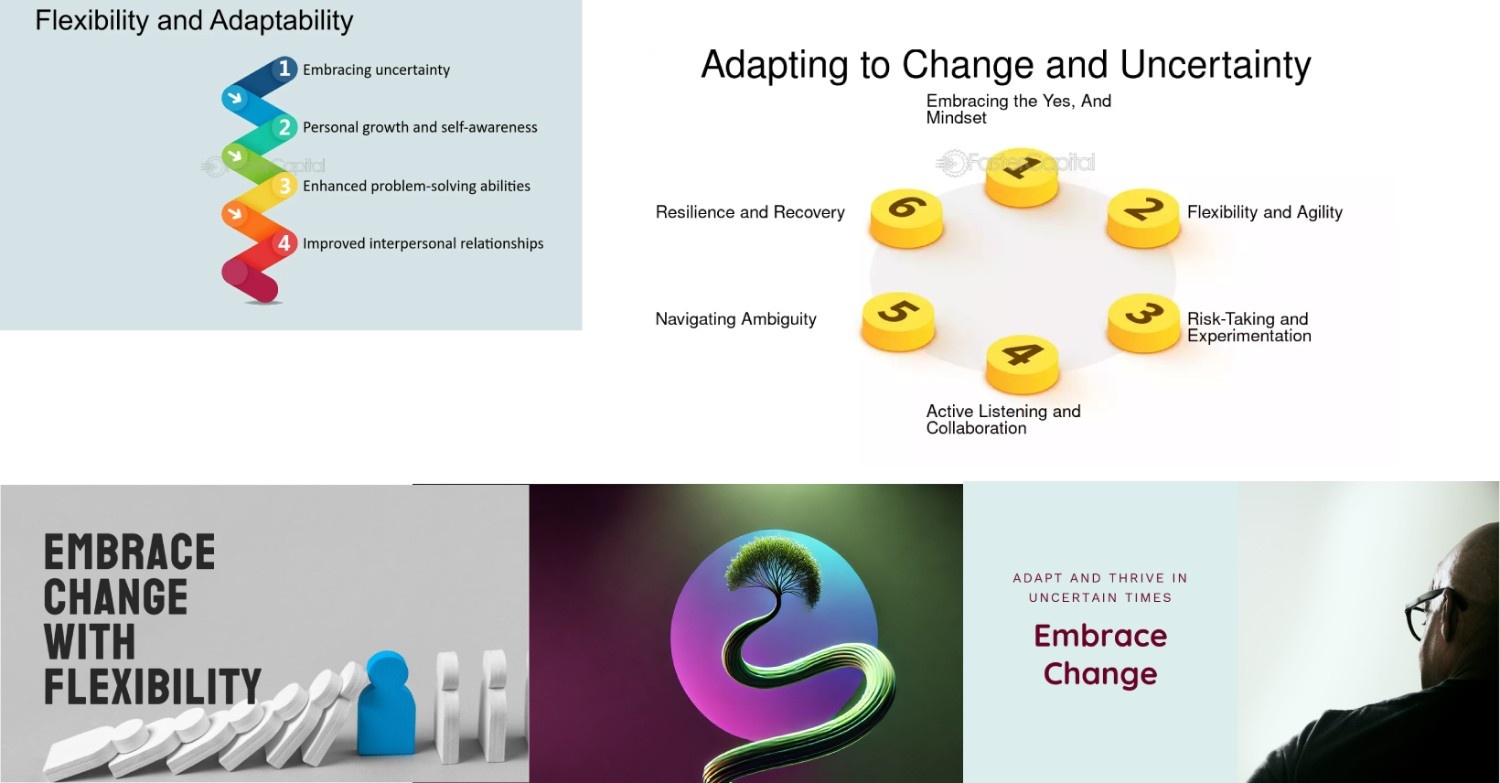
Embracing Flexibility: Adapting Your Lifestyle for Uncertain Times
In a changing world, whether due to economic shifts, global events, or personal challenges, flexibility is no longer a luxury but a necessity. Whether this means adjusting to a new work environment, managing family responsibilities, or responding to unforeseen health crises, it gives us the leeway to adapt and thrive even in uncertain times.
This article demonstrates the importance of being flexible in one’s lifestyle, how this can help in personal growth, and easy ways to make it part of your daily routine.
Why Flexibility Matters During Uncertain Times
Life is unpredictable. Natural disasters, pandemics, financial downturns, and even unexpected career changes can create instability. In such times, flexibility is your best tool to cope and thrive. Here’s why:
1. Resilience to Change
Flexibility helps you adapt well to change, however sudden and drastic it may be. Instead of being incapacitated by fear or frustration, you could analyze the situation, adjust your approach, and keep going. It doesn’t matter if you are confronted with a new routine in work, change in financial affairs, or a new role; flexibility helps you change direction as needed.
2. Mental Comfort
This causes burnout, especially when things don’t go just as planned. Flexibility in lifestyles reduces stress and tension when rolling with the punches is allowed. Such openness makes it easier to let go of the pressure one feels to control events beyond their control. In other words, one only focuses on what they can handle in the now and forget about what has been and what may come.
3. Improving Problem-Solving Ability
Flexibility fosters a problem-solving mindset. When you approach challenges with an adaptable attitude, you’re more likely to find creative solutions. Instead of sticking to one plan, flexible people are open to trying different approaches, leading to better outcomes.
How Flexibility Leads to Personal Growth
While not intuitive, flexibility can bring about growth and resilience. Here is how embracing flexibility can help you develop stronger skills and lead to a more satisfying life.
1. Building Resilience
The ability to adapt to adversity is the most important building block of resilience. Each time you adapt to an unexpected situation, you build up your strength at coping with future challenges. Resilience is not about avoiding trouble; it’s more about navigation and emerging stronger from it.
2. Facilitating Creativity and Innovation
Flexibility generates creative thinking. When you’re not anchored to one particular manner of doing things, you are more likely to experiment and try new ideas. This may lead to unique solutions in your personal life or workplace. For instance, if your regular exercise routine is interfered with by a busy schedule, flexibility might inspire you to investigate new avenues for fitness-including a walk at lunchtime or a short at-home workout.
3. Expanding Opportunities
You are, therefore, able to get into new opportunities that were perhaps not on your scope. Maybe you wanted a specific career path and took up a job with a certain company with clear prospects in mind. However, if an unexpected lay-off comes to affect you, flexibility allows you to take alternative careers, freelance work, or even an entirely different type of career which might bring more fulfillment.
Practical Ways to Adopt Flexibility
You do not need to change your entire lifestyle; instead, you can make small changes and then develop the habit of being more flexible with time. Here are some tips about how to do it.
1. Cultivate a Growth Mindset
You understand that a growth mindset is being able to learn and become better with time even when challenges arise. This mentality helps you not view setbacks as failures but as chances to learn. When people adopt this approach, they usually tend to be more open to change and better at handling uncertainty.
Action Tip:
You must begin viewing challenges as learning experiences. You must stop saying, “I can’t do this,” and say, “I can learn how to do this with time and effort.” Such a small shift in your mentality will help you face difficulties with confidence.
2. Form Flexible Routines
While routines provide structure and stability, rigid routines can be difficult to maintain during times of change. The key is to build routines that allow for flexibility. For example, instead of scheduling every hour of your day, create flexible blocks of time for different activities—like work, exercise, and self-care—that can adapt to any changes in your schedule.
Action Tip:
Use time-blocking techniques that include the absorption of buffer periods. For example, allocate 2-hour slots for work or personal projects and take 30 minutes breaks for those unexpected interruptions or changes that will surely crop up.
3. Mindfulness and Acceptance
Mindfulness is being in the present moment without judgment. Through mindfulness practice, you learn to let go of the rigid expectations that hold you back and are willing to accept things as they come around. And so, during uncertain times, it is easier to remain calm and focused.
Action Tip:
Mindfulness is a way to bring mindfulness into your daily life by doing things such as meditation, deep-breathing exercises, or even mindful walking. These help you stay centered even when the world gets chaotic.
4. Make Self-Care a Priority
Care for yourself-physically, mentally, and emotionally-and flexibility becomes much easier. Being well-rested, well-nourished, and mentally prepared helps you be better at responding to whatever comes your way.
Action Tip:
Regularly check in with yourself and say, “What do I need right now?” Maybe it’s a break, a healthy meal, a walk in nature, or even a little time to wind down. Self-care will fill you up and help you stay balanced when life gets any more unpredictable than it typically does.
5. Learn to Let Go of Control
It’s in our inability to predict the outcome of situations that creates uncertainty. Giving up on the need to control everything can be very liberating. Focus and only try to do what you can influence. Trust that you’re able to handle whatever comes your way.
Action Tip:
When you are faced with an uncertain situation, try to know what is in your control and what is not. Concentrate on the things that you can change and learn how to let go of the rest.
6. Set Flexible Goals
Part of personal growth involves setting goals. However, many times the goals set at a given time may have to change because of circumstances. Instead of setting long-term goals that may not materialize during times of uncertainty, it is advisable to focus on short-term, flexible goals that offer room for adjustments.
Action Tip:
Set goals with a “plan B.” For example, instead of planning to run a marathon by a specific date, set a goal to improve your fitness level or to run a shorter race, understanding that your goal can evolve based on how things progress.
The Long-Term Benefits of Flexibility
Being flexible will help in dealing with uncertain times more effectively and a long-term sense of success and fulfillment. Flexibility helps you stay relevant in an ever-changing world, learn to catch up with trends, acquire new skills, and remain competitive while improving your relationships by staying understanding and being willing to compromise, bringing about healthier and supportive connections.
Improve overall happiness: Having a flexible mindset towards life helps reduce one’s frustration level while enhancing their ability to find happiness in life irrespective of the circumstances in the world.
Conclusion
With flexibility, one can thrive in uncertain times. It concerns adaptation to change, development of resilience, and maintaining a positive mindset even when life throws curveballs at one. Practicing mindfulness, setting flexible goals, and having a growth mindset all contribute to the ability to face challenges with confidence and take full advantage of the opportunities that may come your way.
Flexibility is the ally when things get uncertain. It keeps you grounded, resilient, and open to whatever life has in store for you. So let’s start small, be kind to ourselves, and not forget embracing flexibility means it’s not about giving up control-it’s about gaining the freedom to move forward and for things to work out, no matter what.

